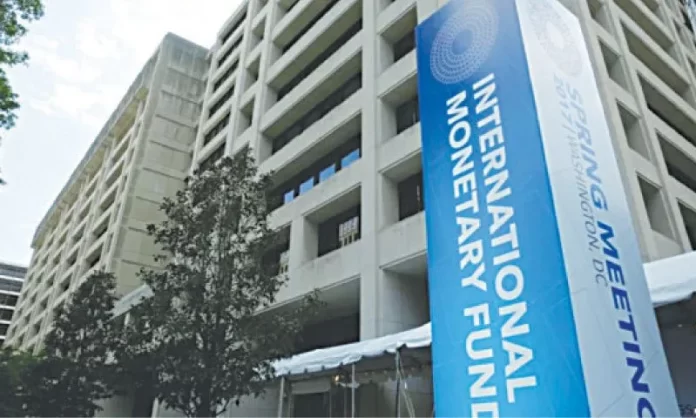A delegation of the International Monetary Fund (IMF), led by Jan Kees Martijn, will visit Bucharest between November 5-8 to analyze recent economic and financial developments and to review macroeconomic forecasts.
„An IMF mission, led by Jan Kees Martijn, will visit Bucharest between November 5 and 8, for a regular visit. The Fund’s team will analyze recent economic and financial developments and update the macroeconomic outlook,” reads the IMF announcement signed by Geoff Gottlieb, IMF regional representative for Central, Eastern and South-Eastern Europe.
In the latest „World Economic Outlook” report, recently published, the International Monetary Fund (IMF) has revised downwards to 1.9% the estimates regarding the advance of the Romanian economy this year, from 2.8% as forecast in April.
According to the new figures published by the IMF, after an increase of 2.1% last year, the advance of the Romanian economy will slow down to 1.9% this year, and will accelerate to 3.3% in 2025. In the spring, the IMF estimated an advance of 2.8% of Romania’s GDP in 2024, compared to a 3.8% advance forecast last fall.
Also, the international financial institution expects a further worsening of Romania’s current account deficit, up to 7.5% of GDP in 2024, from a level of 7.1% of GDP, forecast in April. The IMF predicts a slight reduction in the current account deficit, up to 7% of GDP in 2025, compared to a decrease up to 6.8% as it was estimated in the spring. According to IMF forecasts, Romania’s current account deficit will remain at a high level even in 2029, when it will stand at 5.9% of GDP.
Currently, Romania does not have a financing agreement with the International Monetary Fund, but the financial institution annually evaluates the development of the Romanian economy, based on consultations under Article IV of the IMF’s Articles of Agreement.
The consultations are an oversight exercise that is mandatory for all member states. The purpose of the consultations based on Article IV is to examine the financial and economic situation at the national level and formulate some general recommendations regarding monetary policies, financial and economic policies to be followed to ensure stability and a positive development at the level of the economy.
AGERPRES




